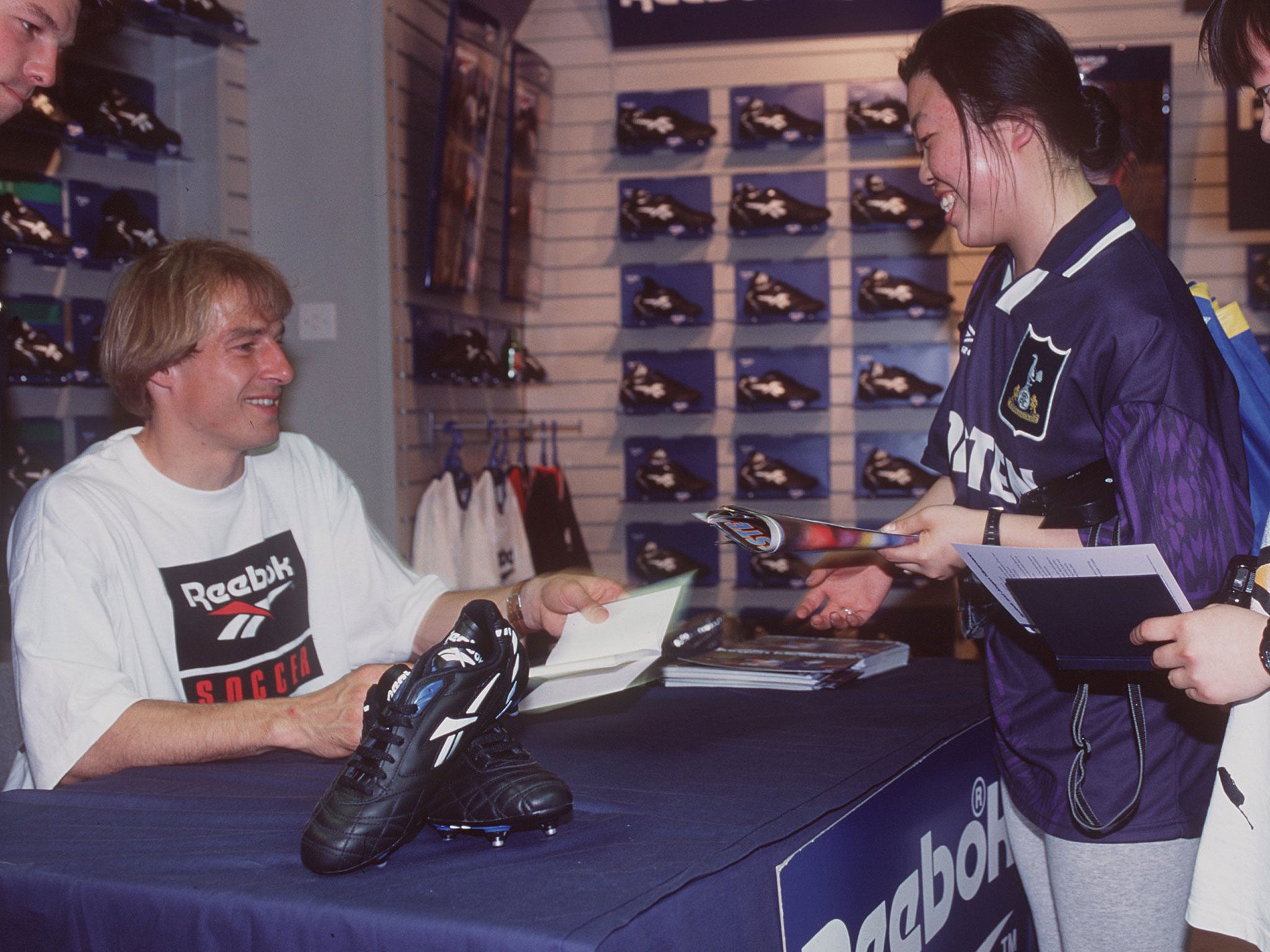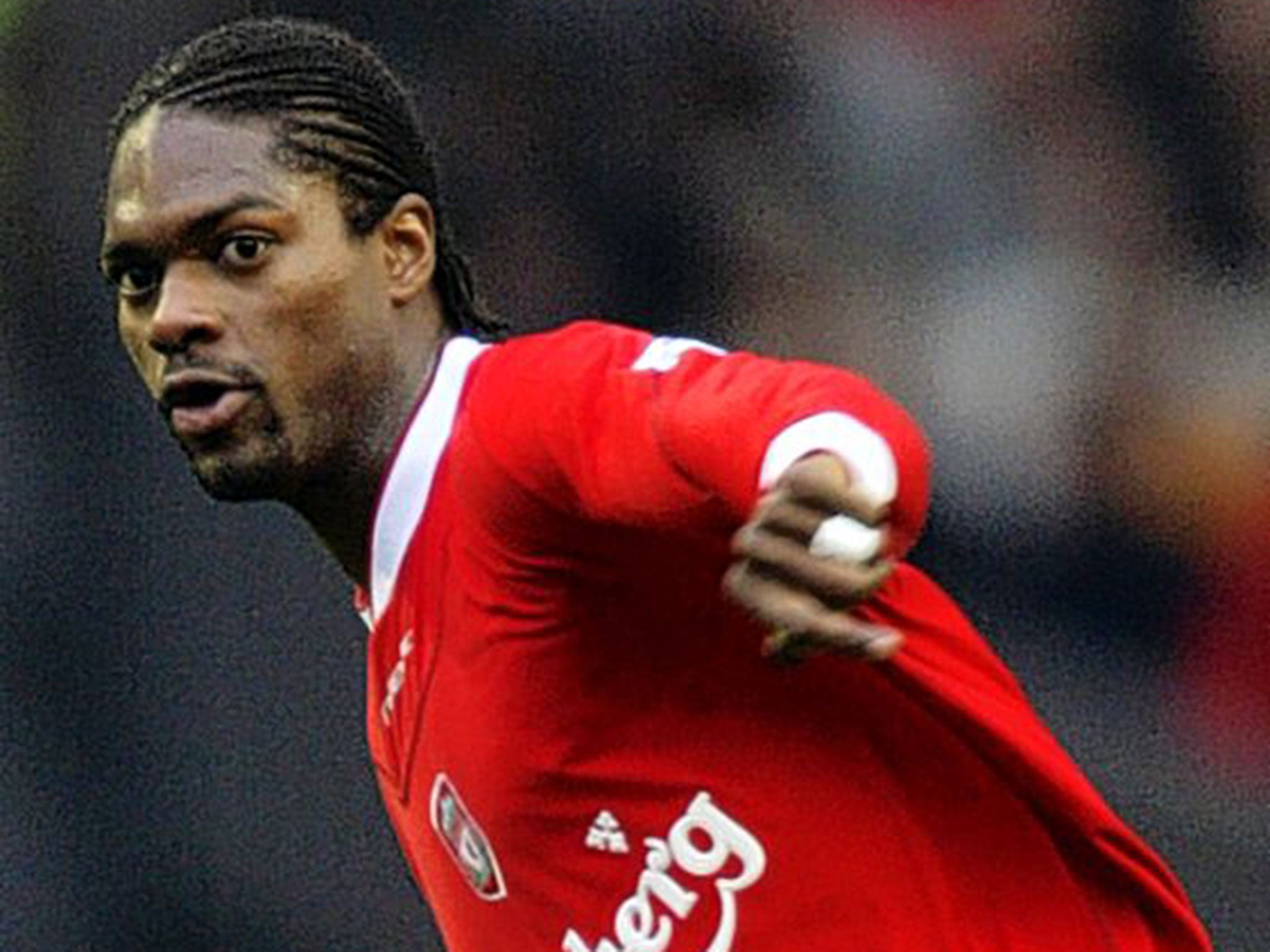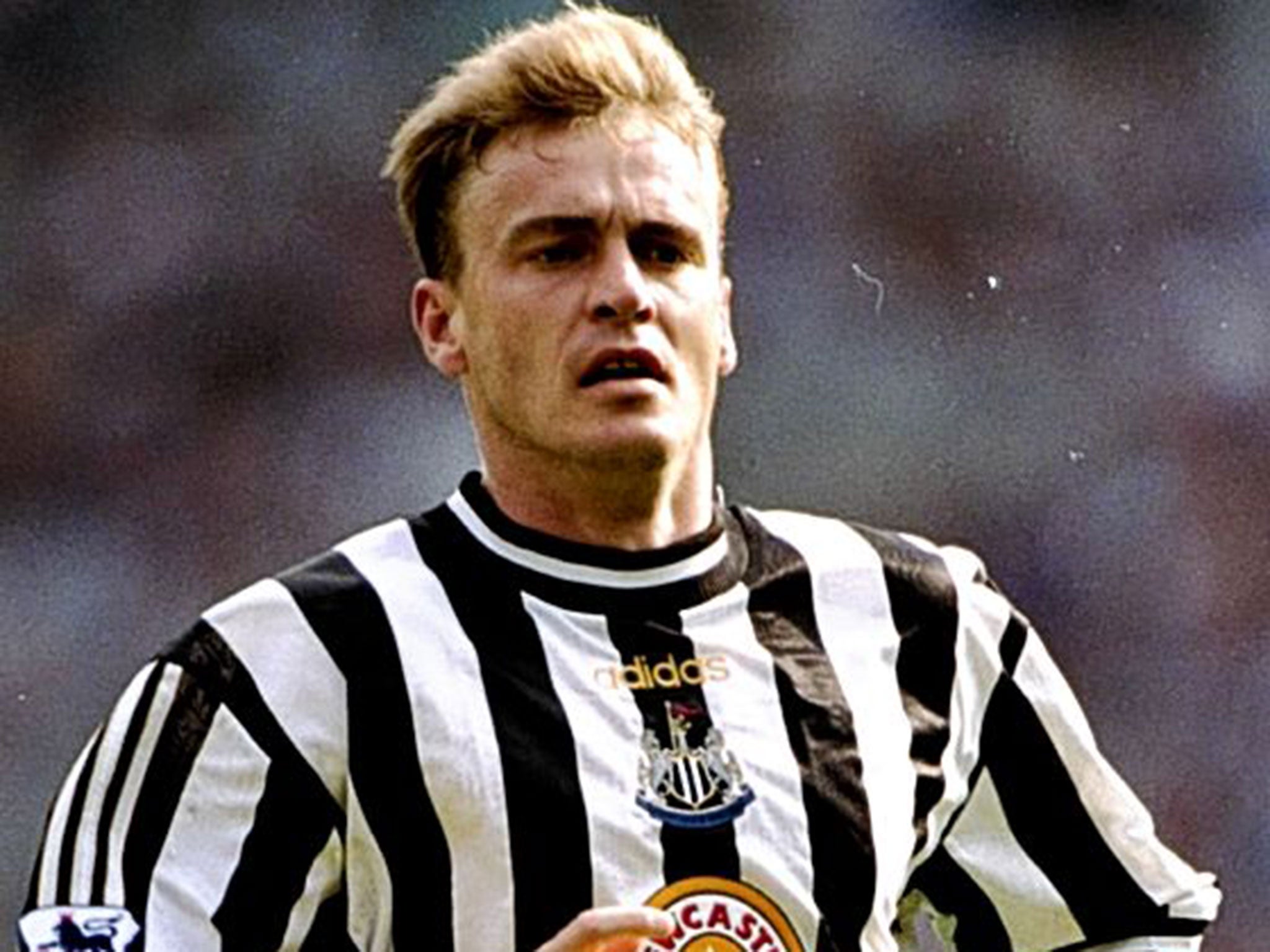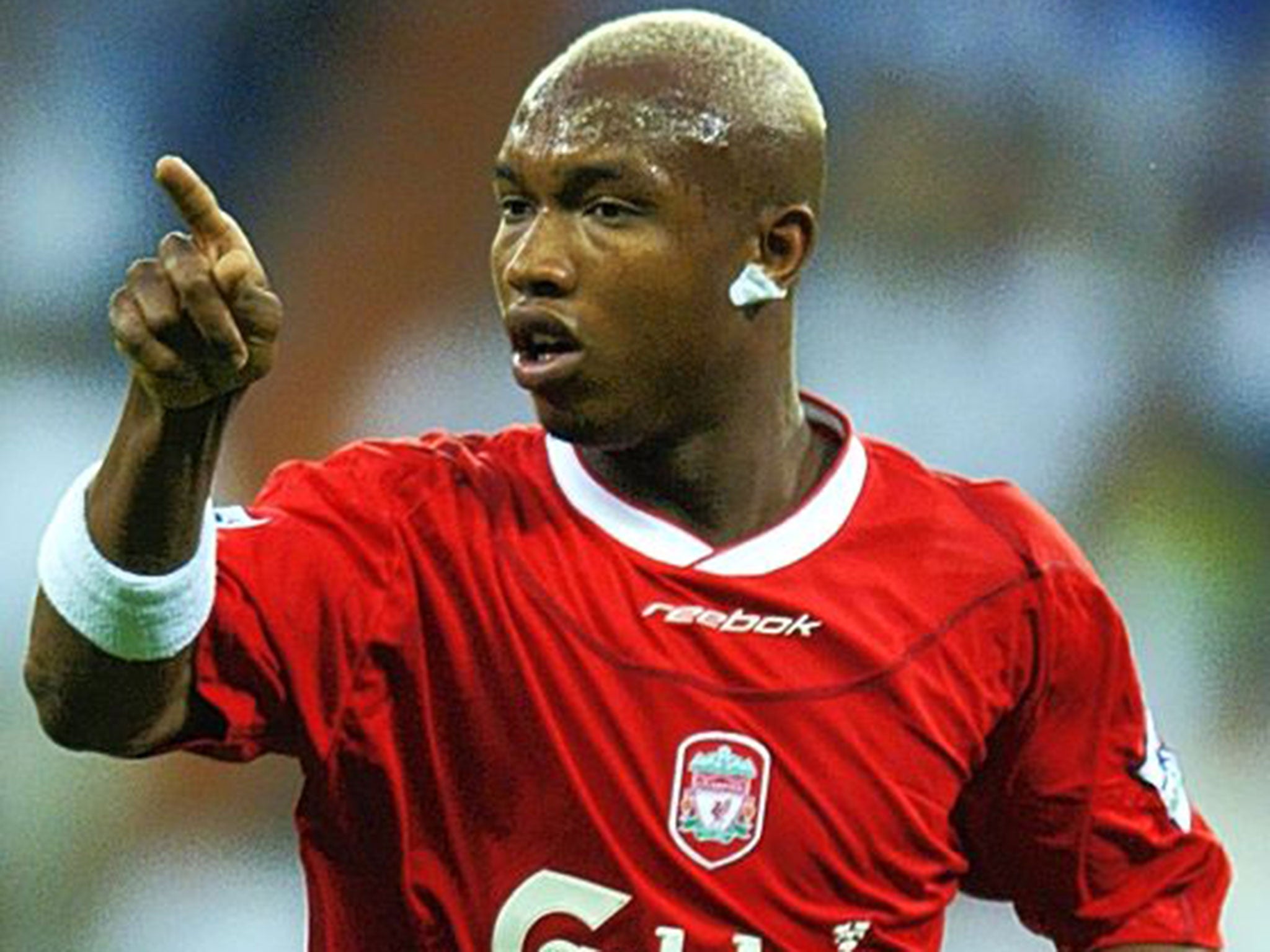World Cup 2014: Clubs cannot always buy a Jurgen Klinsmann
Those bidding for the best from a World Cup should be warned that for every star there’s a Diouf and Dumitrescu

It is football’s answer to the holiday romance and the rising whir of the rumour mill tells us it is about to begin. It is the post-World Cup transfer season when covetous managers swoon over foreign talent glimpsed in sun-kissed settings and Gary Mabbutt remembers it only too well.
“Everybody has been watching the World Cup and when you see these players joining your club, there’s a buzz and an excitement,” the former Tottenham captain tells the Independent on Sunday, taking us back 20 years to the mood at White Hart Lane when Spurs swooped for three stars of the 1994 finals in the United States.
With the Premier League still in its infancy, the arrival of Germany striker Jürgen Klinsmann and the Romania pair of Ilie Dumitrescu and Gheorghe Popescu caused quite a stir, yet the mixed results are worth noting for any supporters currently getting excited by their club’s supposed move for this Chilean or that Dutchman once the action in Brazil comes to an end.
In Spurs’ case, all began brightly as Klinsmann – arguably the rebranded top flight’s first world-class import – delivered one of the great debuts in English football on 20 August 1994, scoring the winner in a 4-3 victory at Sheffield Wednesday. Mabbutt remembered that “people were gunning for him” on his arrival owing to his reputation for diving yet when he lampooned himself by celebrating with a swallow dive “the whole country warmed to him”.
There were high hopes too for Dumitrescu and Popescu, two players who had helped Romania reach the USA 94 quarter-finals. Dumitrescu had hit a memorable goal to eliminate Argentina and his debut display at Hillsborough, as one of then manager Ossie Ardiles’ ‘famous five’ forwards, led the Independent to suggest he “may yet overshadow Klinsmann”.

Yet where the German ended the campaign with 29 goals and the Football Writers’ Player of the Year prize before moving on to Bayern Munich, neither Dumitrescu nor Popescu reproduced their World Cup form in their own solitary season at Spurs. “We were expecting them to come in and take the Premier League by the scruff of the neck but it didn’t happen for them,” Mabbutt recalls.
In signing the Romanian pair, Ardiles – sacked two months into the season after his attacking approach backfired – had evoked his own arrival on these shores in the summer of 1978, when he and Ricardo Villa landed together in north London fresh from winning the World Cup with Argentina.
Settling in was not easy. Ardiles, misled by mischievous team-mates, asked a club director and his wife to pass him “the fucking salt” at one early team dinner, while Villa would visit a Catholic priest once a week in London not for religious reasons but the simple need to converse in Spanish with someone. Yet the first big post-World Cup transfer deal paid off as the Argentinians helped Spurs win the 1981 FA Cup.

It does not always end this way, with some players, as Mabbutt says, struggling with “the cultural differences, the style of play, the expectation”. France striker Stéphane Guivarc’h made four appearances and scored one goal for Newcastle after arriving with a World Cup winner’s medal in summer 1998. The Senegal pair of El Hadji Diouf and Salif Diao, meanwhile, proved anything but the final piece of Gérard Houllier’s title jigsaw at Liverpool.
Houllier had been all smiles as Diouf and Diao helped Senegal reach the quarter-finals at Korea/Japan 2002 but Diouf, who cost £10m, would score just three League goals in a Liverpool shirt. According to Jamie Carragher’s autobiography, the unpopular Diouf quickly became be the last pick when five-a-side teams were being sorted out on the Melwood training pitch while Diao, who had outplayed Patrick Vieira in the World Cup’s opening game, was a “catastrophe”.
Curiously, the multi-national dimension of today’s Premier League means we now have the reverse phenomenon of Premier League flops suddenly shining on the world stage, not least Brazil goalkeeper and QPR reject Julio Cesar. It might be added, though, that the troubles European players have faced in the conditions in Brazil should make us more understanding of the difficulties faced by foreign imports for whom a cold, wet Tuesday night at Stoke could be the equivalent of an Englishman’s sweaty, stifling evening in Manaus.

Colombian sensation James Rodriguez may consider the Premier League “a bit physical” for him but style changes in English football should make it easier for today’s post-World Cup arrivals than it was for their USA 94 counterparts.
One other import that summer was Daniel Amokachi, a star for Nigeria who struggled to adjust to life at Everton after a £3m transfer. Neville Southall, in his book The Binman Chronicles, explained that Amokachi’s idea of football was rather at odds with a team dubbed the ‘Dogs of War’. “He was always banging on about ‘sexy football’ and he just couldn’t understand why we played like we did because it wasn’t ‘sexy football’. He’d occasionally wander on and do something brilliant or wander on and do something that was just a waste of time.”
Yet there was a happy ending. When Amokachi wandered on in the FA Cup semi-final against Klinsmann’s Spurs – after misreading a signal from the club’s physio – his two goals took Everton to Wembley where they lifted the Cup. Many of this summer’s wandering stars would settle for less.
Join our commenting forum
Join thought-provoking conversations, follow other Independent readers and see their replies
Comments
Bookmark popover
Removed from bookmarks